When BMW sets out to build a fast car, it doesn’t just chase numbers—it blends speed with engineering precision. These aren’t stripped-down track toys or one-off prototypes; they’re production models you could actually buy, assuming you had the checkbook and the patience to get your hands on one.
From autobahn-tuned missiles to luxury sedans that outrun sports cars, BMW has spent decades refining the balance between performance and everyday usability. This list runs through ten of the fastest production BMWs ever made, each one fast enough to embarrass more exotic badges, and refined enough to do it in comfort.
2018 BMW M5 (F90)
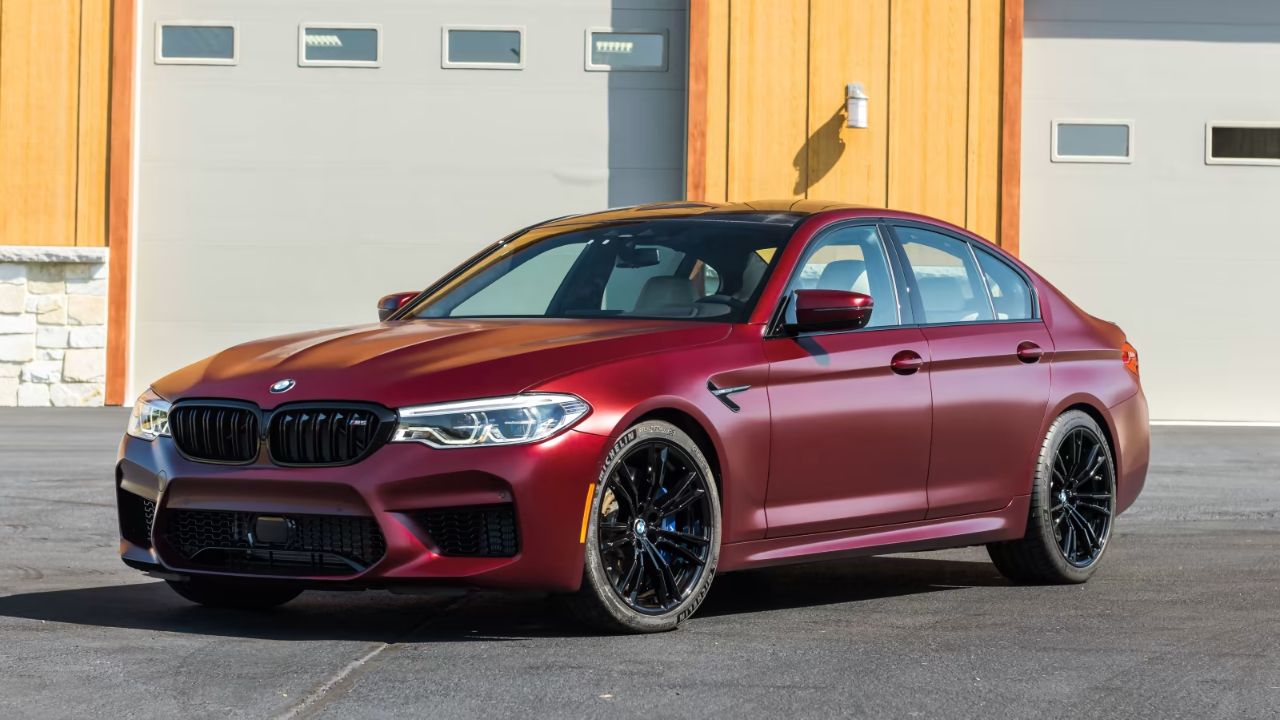
The F90 M5 was a major milestone—it was the first M5 to feature all-wheel drive, and it didn’t waste the opportunity. Under the hood sat a 4.4-liter twin-turbo V8 making 600 horsepower and 553 lb-ft of torque. With launch control and a rear-biased xDrive system, it could sprint to 60 mph in just 3.2 seconds.
Despite weighing over 4,000 pounds, the F90 could hit 190 mph with the optional M Driver’s Package. It marked a shift in how BMW approached high-speed luxury, offering stability and brutal acceleration without sacrificing daily comfort.
2021 BMW M5 CS
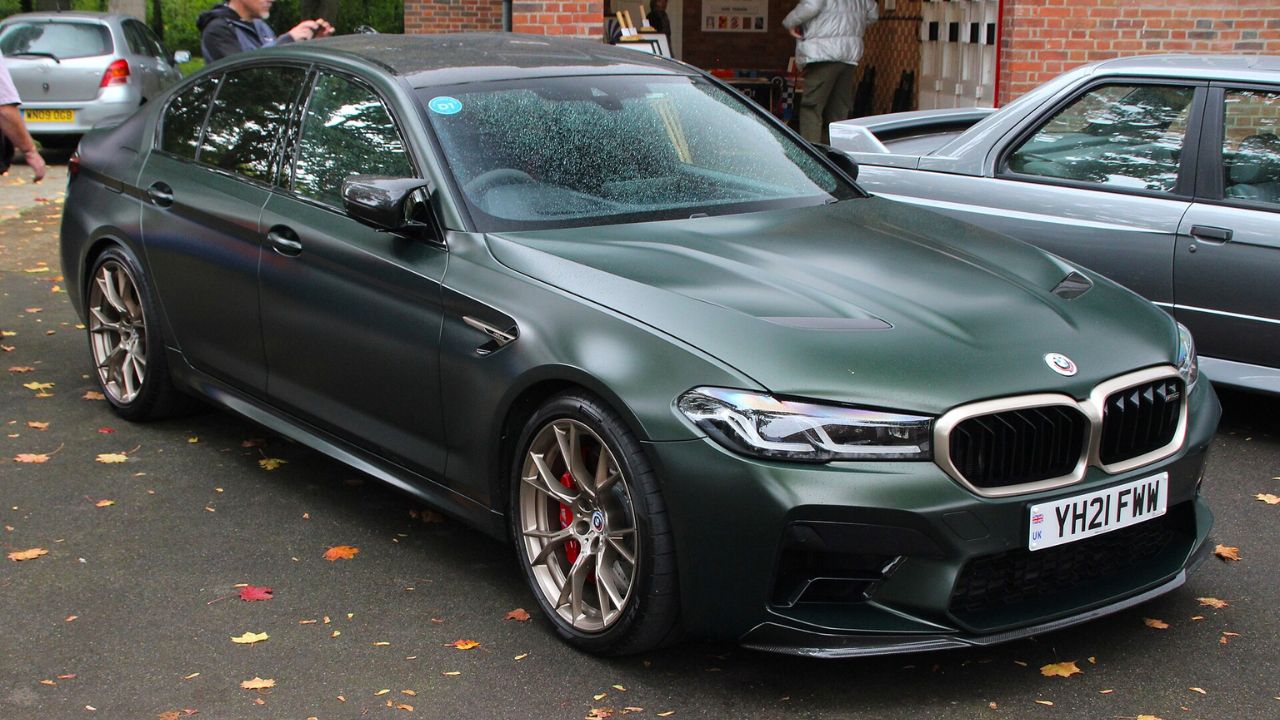
The M5 CS took the already potent F90 formula and dialed it up. BMW dropped weight by using carbon fiber panels and removing the center rear seat. The engine got a slight boost to 627 horsepower, still paired with 553 lb-ft of torque.
With a 0–60 time of just 2.9 seconds, the M5 CS became the quickest production BMW ever built. Limited production numbers and subtle gold trim made it a collectible out of the gate, but it’s the performance that made it memorable—it felt like a track car wrapped in business attire.
2023 BMW M8 Competition

The M8 Competition is as close as BMW gets to building a grand tourer with a rocket strapped to it. It shares the same 617-hp twin-turbo V8 as the M5 but wraps it in a sleeker two-door body. Torque stands at 553 lb-ft, channeled through all four wheels.
It’s good for 0–60 mph in 3.0 seconds and can hit 190 mph when derestricted. What makes the M8 stand out is its ability to feel composed doing triple-digit speeds while still offering heated massaging seats. It’s luxury, speed, and attitude all in one.
2016 BMW M6 Competition (F13)
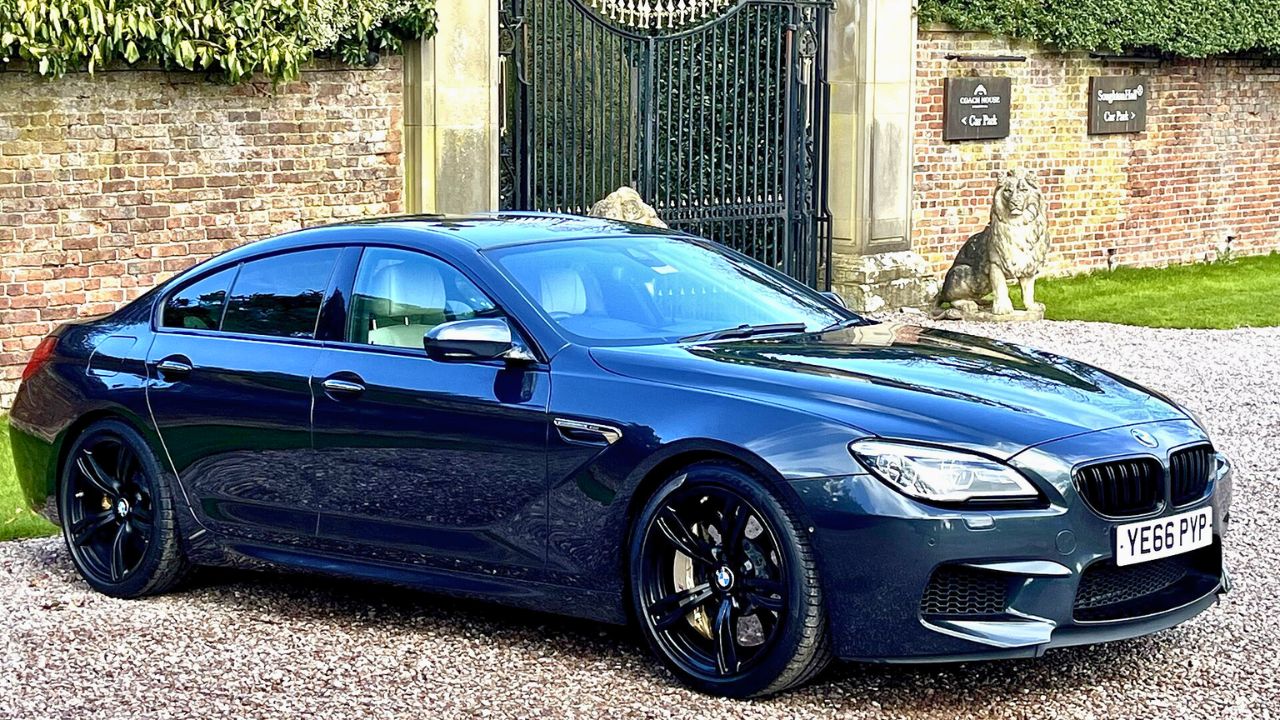
The F13 M6 Competition was a big coupe with big power. Its 4.4-liter twin-turbocharged V8 pumped out 600 horsepower and 516 lb-ft of torque in its final form. With launch control, it could do 0–60 in 3.7 seconds and top out at over 189 mph with the limiter removed.
The M6 always had a reputation as a gentleman bruiser—refined, fast, but with the ability to surprise anything pulling up next to it. It wasn’t light or nimble, but in a straight line, it had few rivals in its class.
2010 BMW M3 GTS (E92)
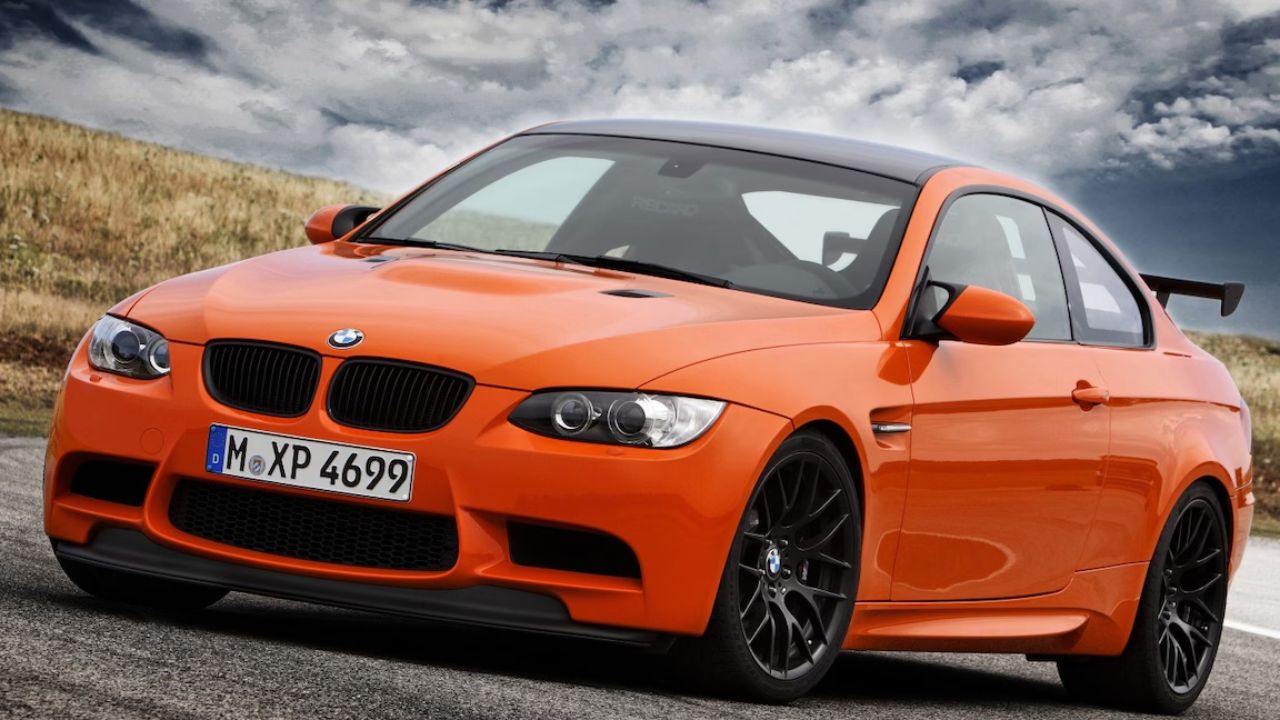
The E92 M3 GTS was the closest BMW came to making a street-legal race car in the modern era. Only 150 were built, all in bright orange, stripped of rear seats, and fitted with a roll cage. Power came from a 4.4-liter naturally aspirated V8 pushing 444 horsepower.
It could hit 60 mph in 4.2 seconds and reach 190 mph. But the GTS was about more than numbers—it delivered razor-sharp handling, instant throttle response, and track-ready braking. It was a purist’s machine, aimed at those who wanted the full M experience without compromise.
2003 BMW M5 (E39)
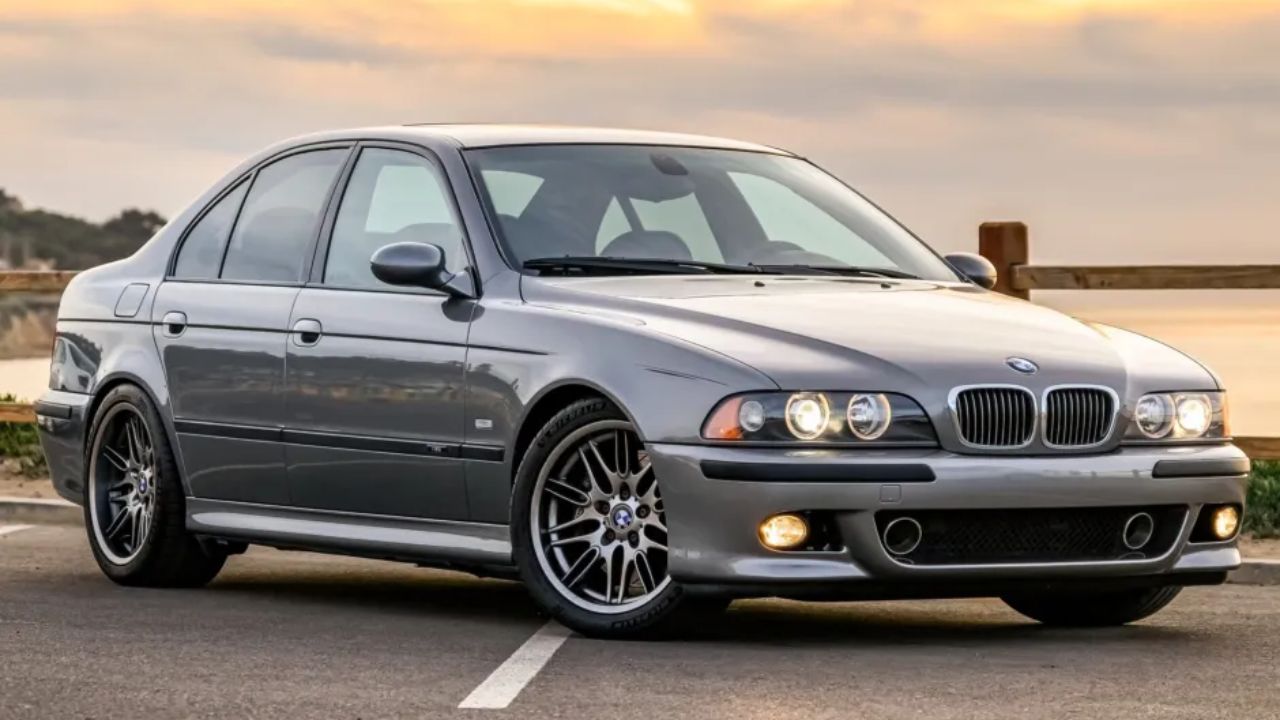
The E39 M5 may not be the fastest on paper today, but it was a game-changer. Powered by a 4.9-liter naturally aspirated V8, it made 394 horsepower and 369 lb-ft of torque. That was good enough for a 0–60 run in 4.8 seconds and a top speed of 180+ mph with the limiter removed.
It balanced raw performance with perfect weight distribution and steering feel that’s still unmatched. Ask any BMW fan, and this is the one they call the sweet spot. It was the last M5 before things got turbocharged and digital.
2020 BMW Alpina B7
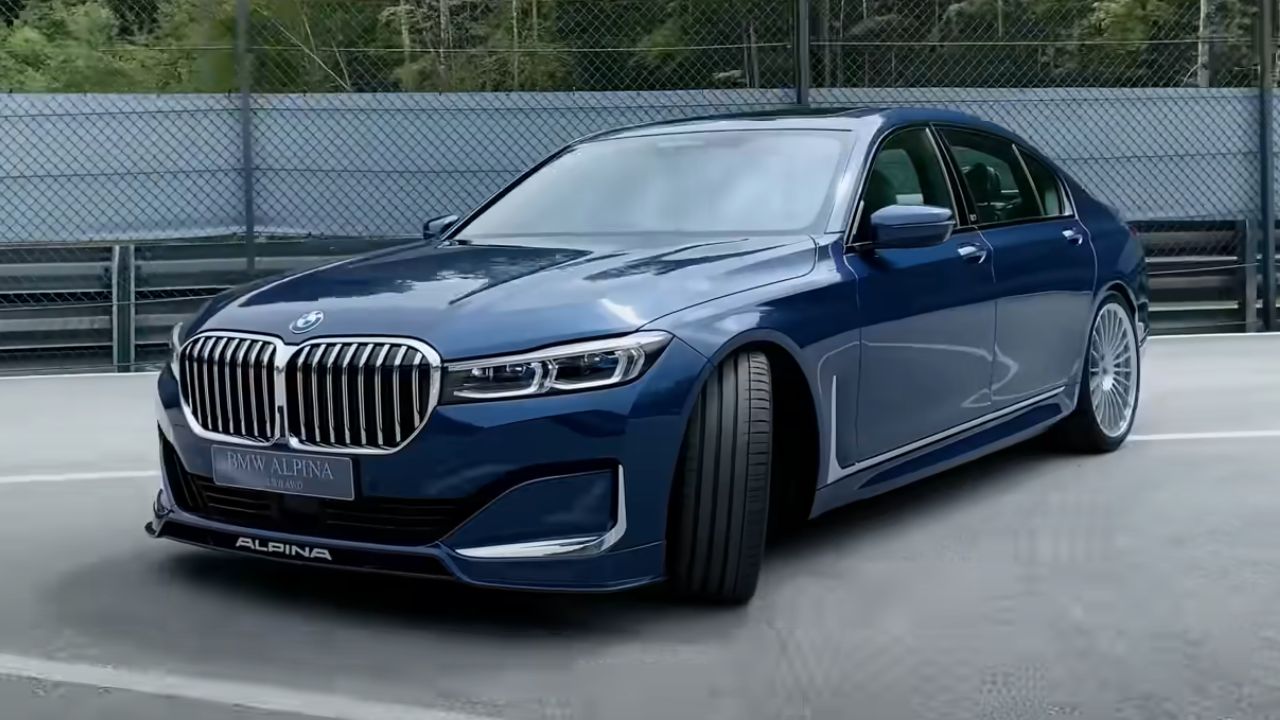
Alpina’s take on the 7 Series was never meant to be flashy, but the B7 is one of the fastest sedans BMW has ever produced. Its 4.4-liter twin-turbo V8 made 600 horsepower and 590 lb-ft of torque, sending the big sedan to 60 mph in just 3.5 seconds.
The real kicker? It had a top speed of 205 mph, making it the fastest BMW-badged vehicle in production at the time. With subtle bodywork and a plush interior, it was the ultimate sleeper—capable of running with exotics while keeping it quiet.
2000 BMW Z8
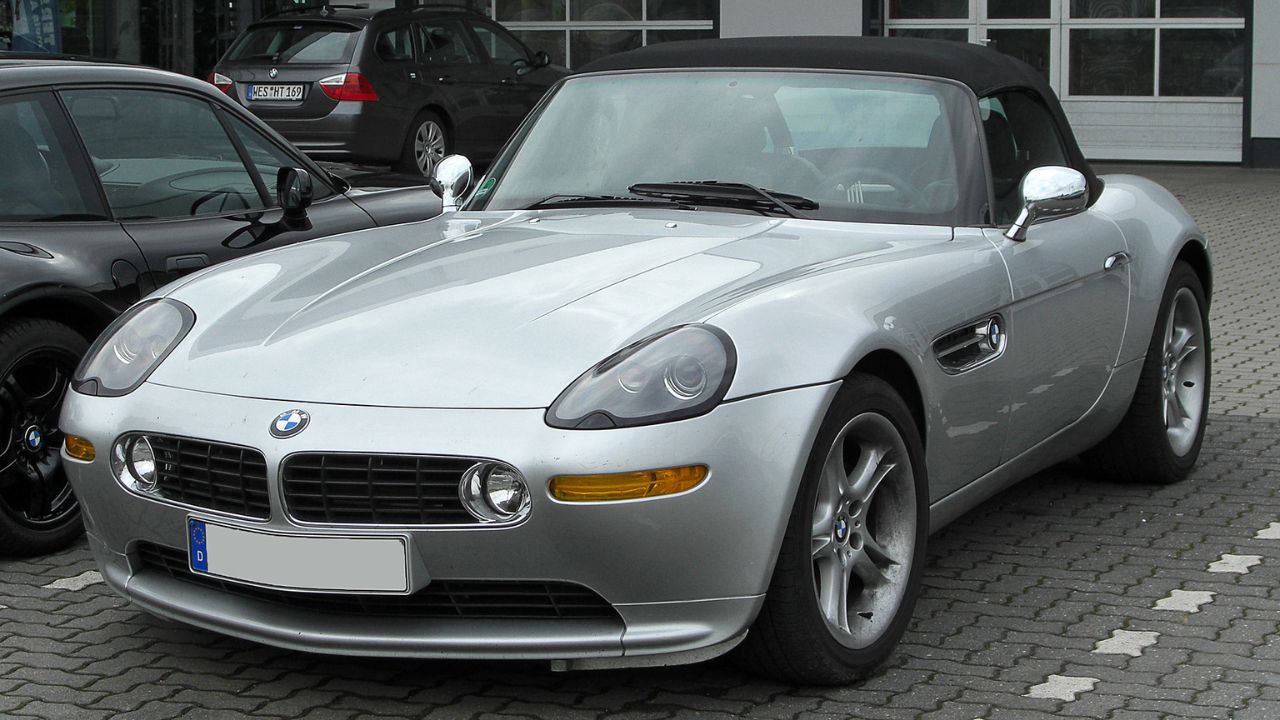
The Z8 wasn’t just a retro-styled showpiece—it had real speed to back it up. Under the hood sat the S62 V8 from the E39 M5, delivering 394 horsepower and 369 lb-ft of torque through a six-speed manual.
It could reach 60 mph in 4.2 seconds and had a top speed of 180 mph with the limiter removed. Built in limited numbers, the Z8 was hand-assembled and featured an aluminum chassis. Its blend of classic roadster proportions and modern engineering turned it into a future collectible the moment it left the showroom.
2023 BMW XM Label Red
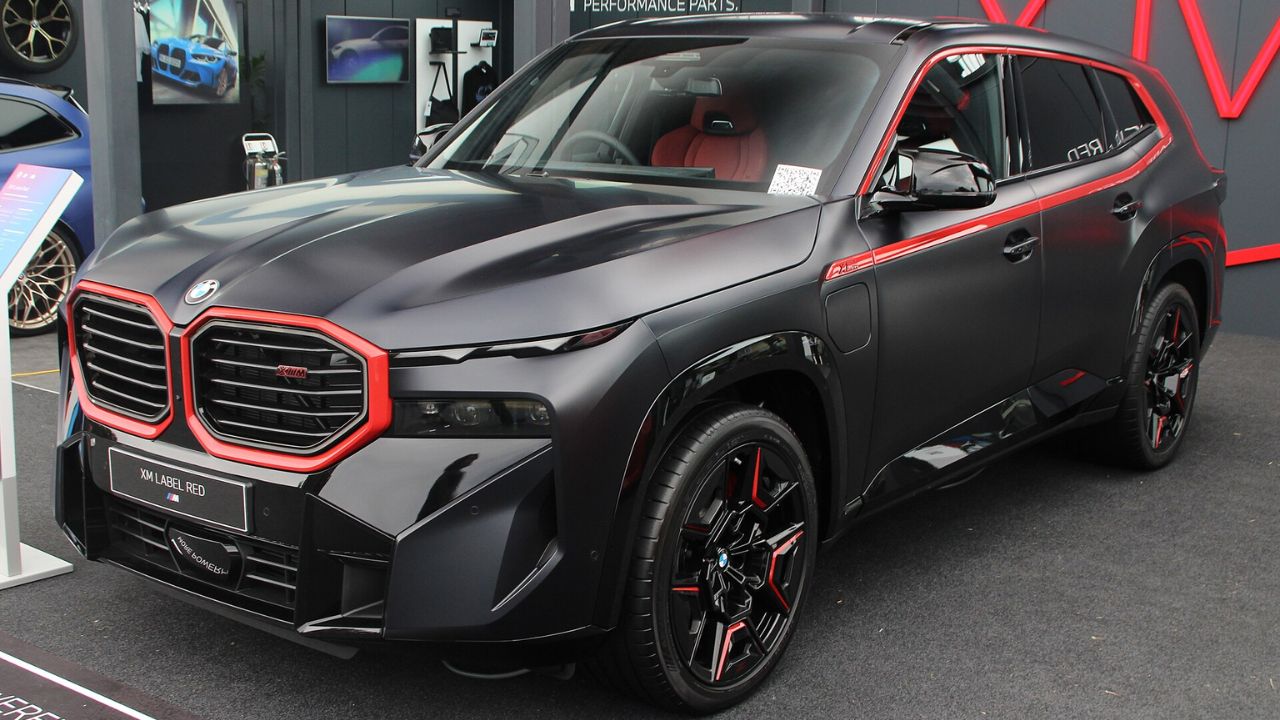
The XM Label Red is BMW’s most powerful production car to date. It’s a plug-in hybrid SUV with a 4.4-liter twin-turbo V8 and an electric motor combining for 738 horsepower and 738 lb-ft of torque.
Despite weighing over 6,000 pounds, it rockets to 60 mph in 3.7 seconds and hits 175 mph flat out. It’s not subtle, but it signals BMW’s high-performance future—hybrid tech, ridiculous output, and supercar numbers wrapped in an SUV.
2011 BMW 1 Series M Coupe
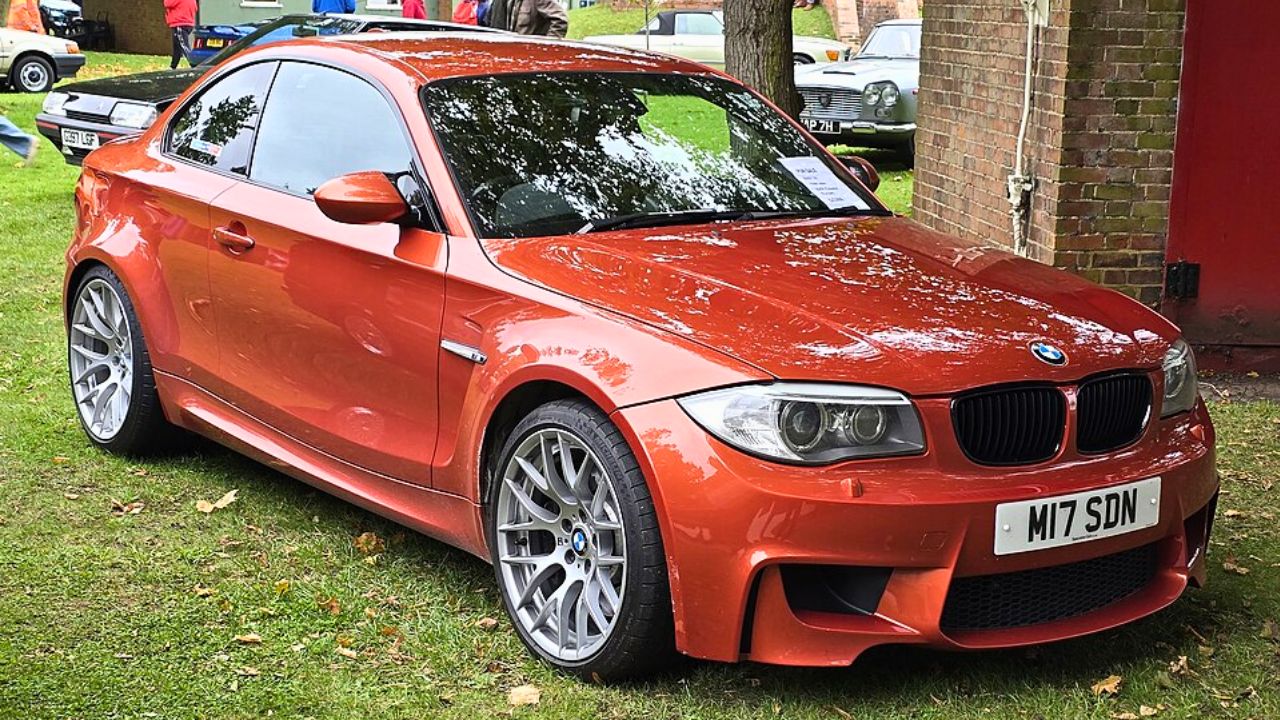
The 1M was never about raw power—it made 335 horsepower from a 3.0-liter turbo straight-six—but it still earned a place among the quickest thanks to its low weight and short wheelbase. It did 0–60 in 4.5 seconds and had a top speed near 170 mph.
What made the 1M special was its balance and character. It felt like an old-school M car—manual-only, rear-wheel drive, and built to be driven hard. BMW only made around 6,300 of them, which explains why prices have stayed high. It wasn’t the biggest or fastest, but it sure felt alive.
Like what you read? Here’s more by us:
*Created with AI assistance and editor review.

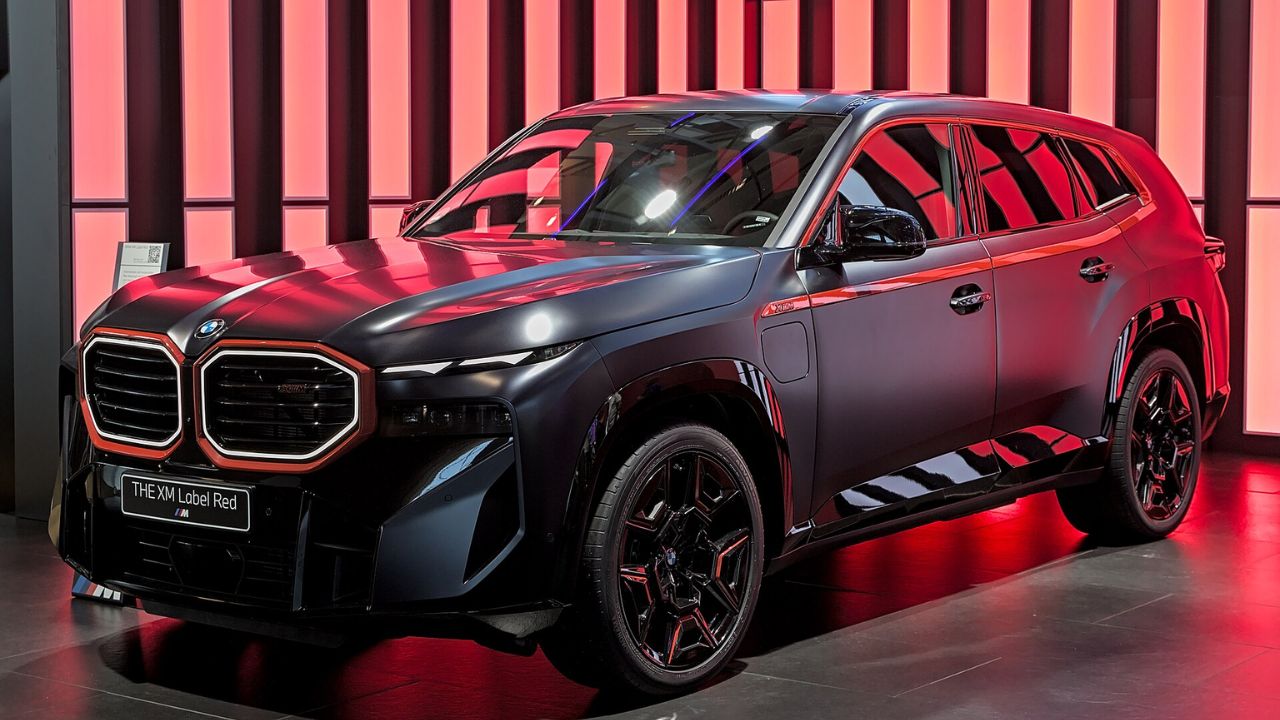
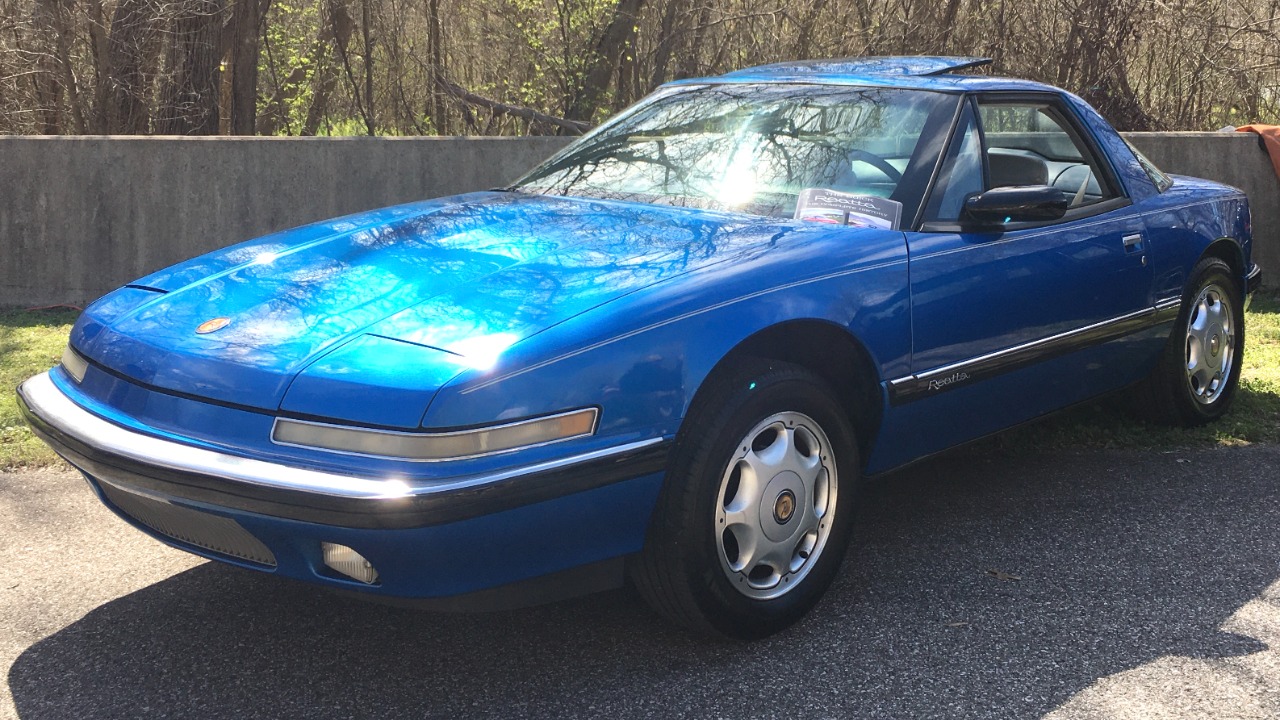
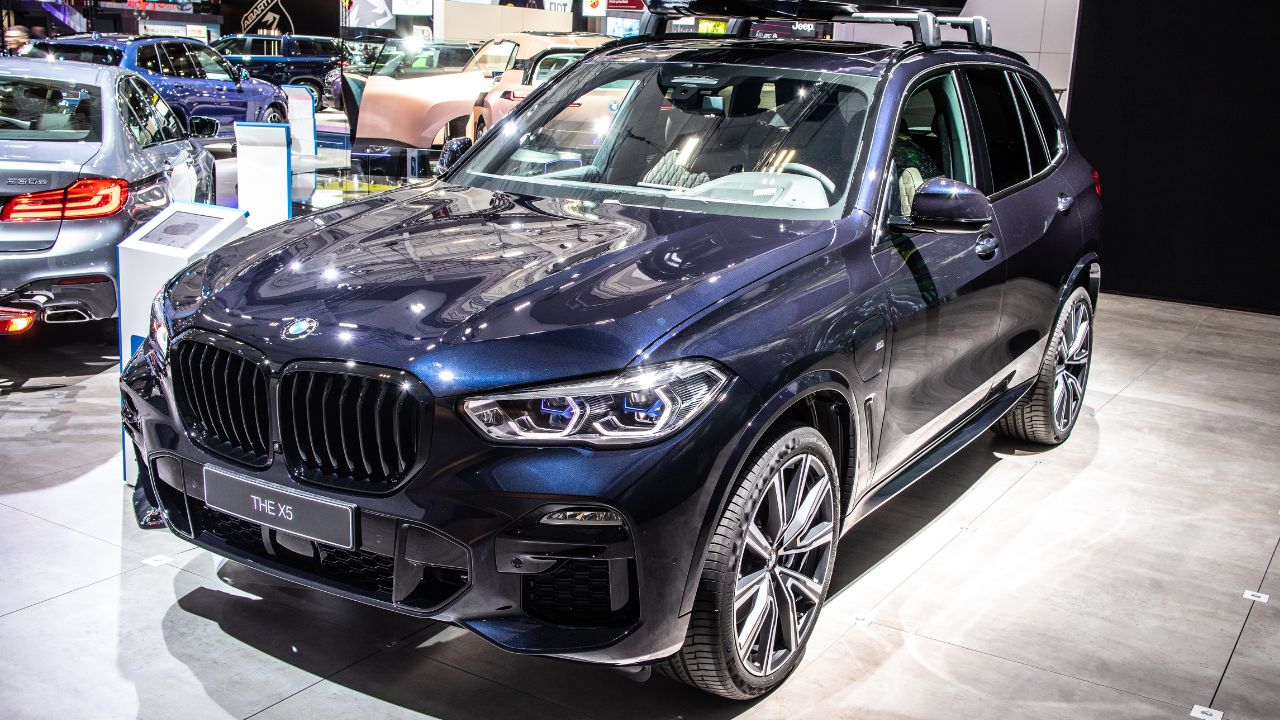
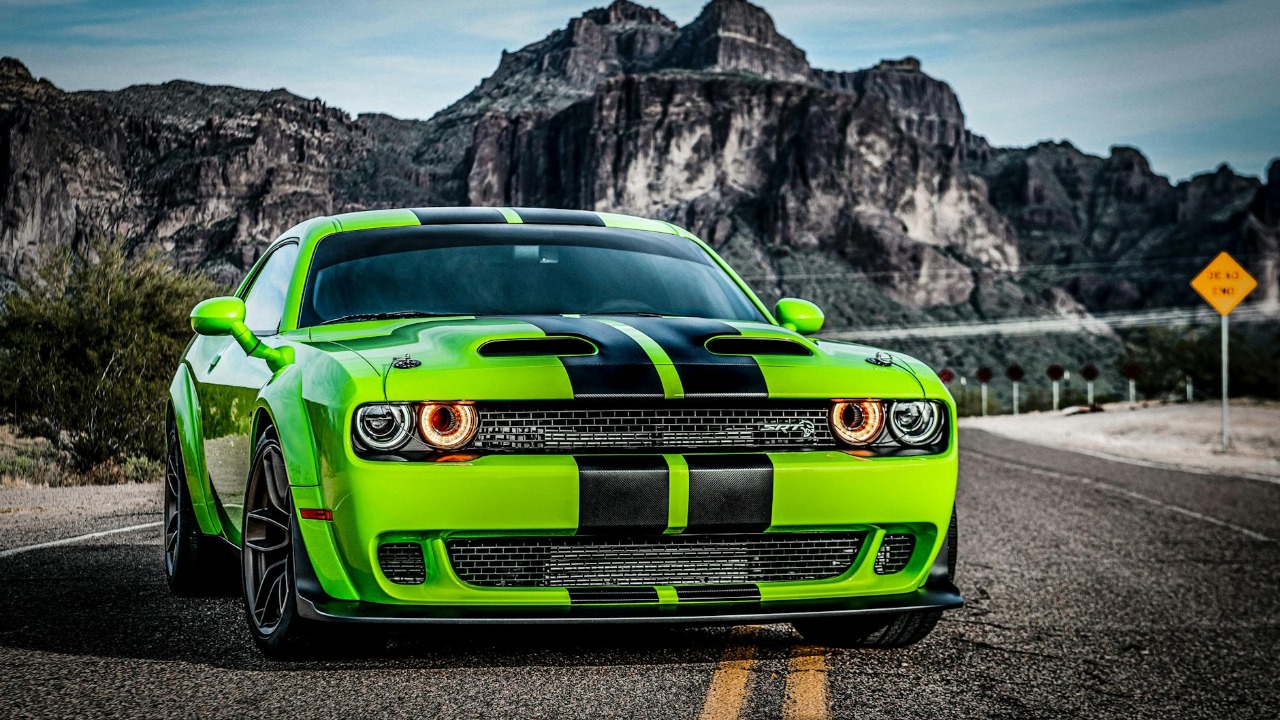
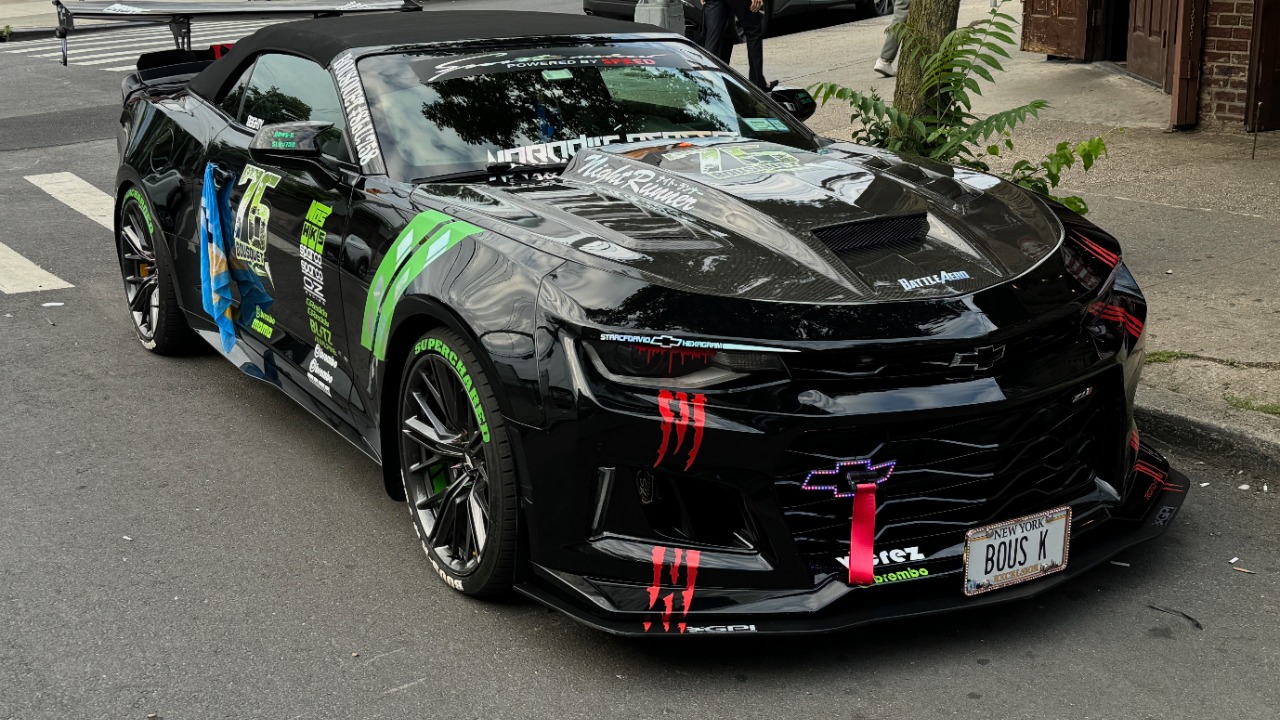
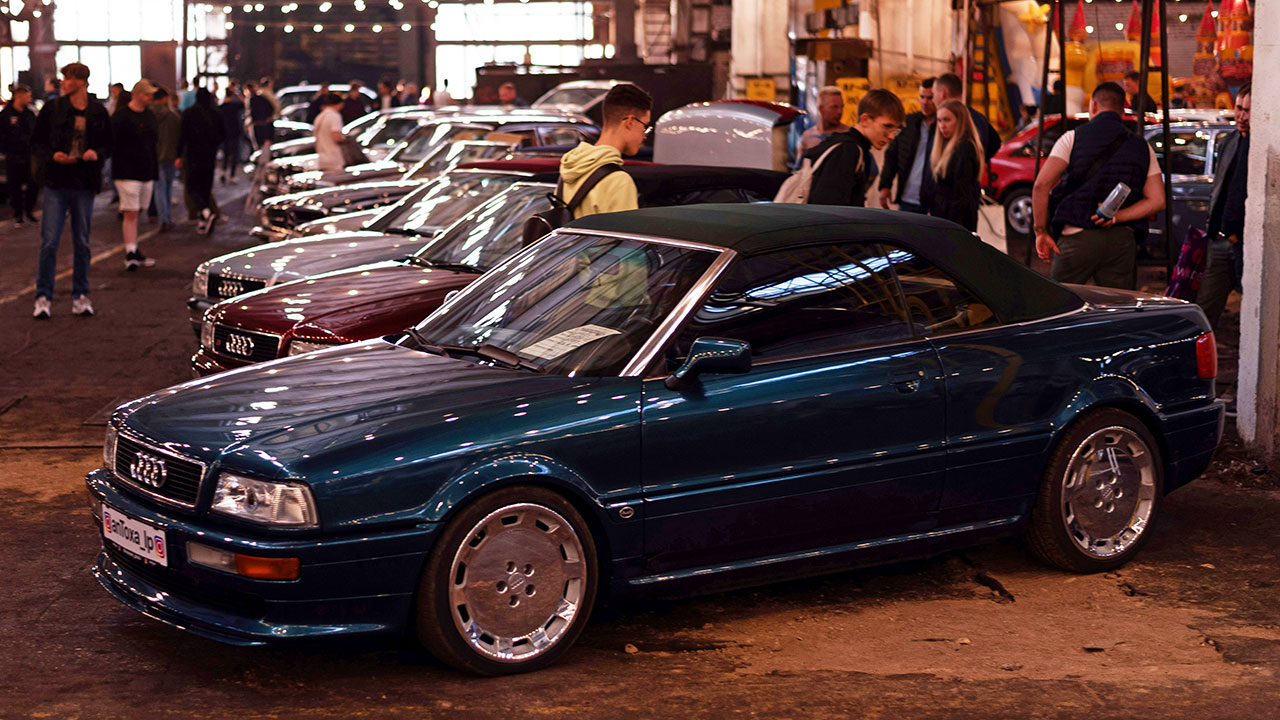
Leave a Reply